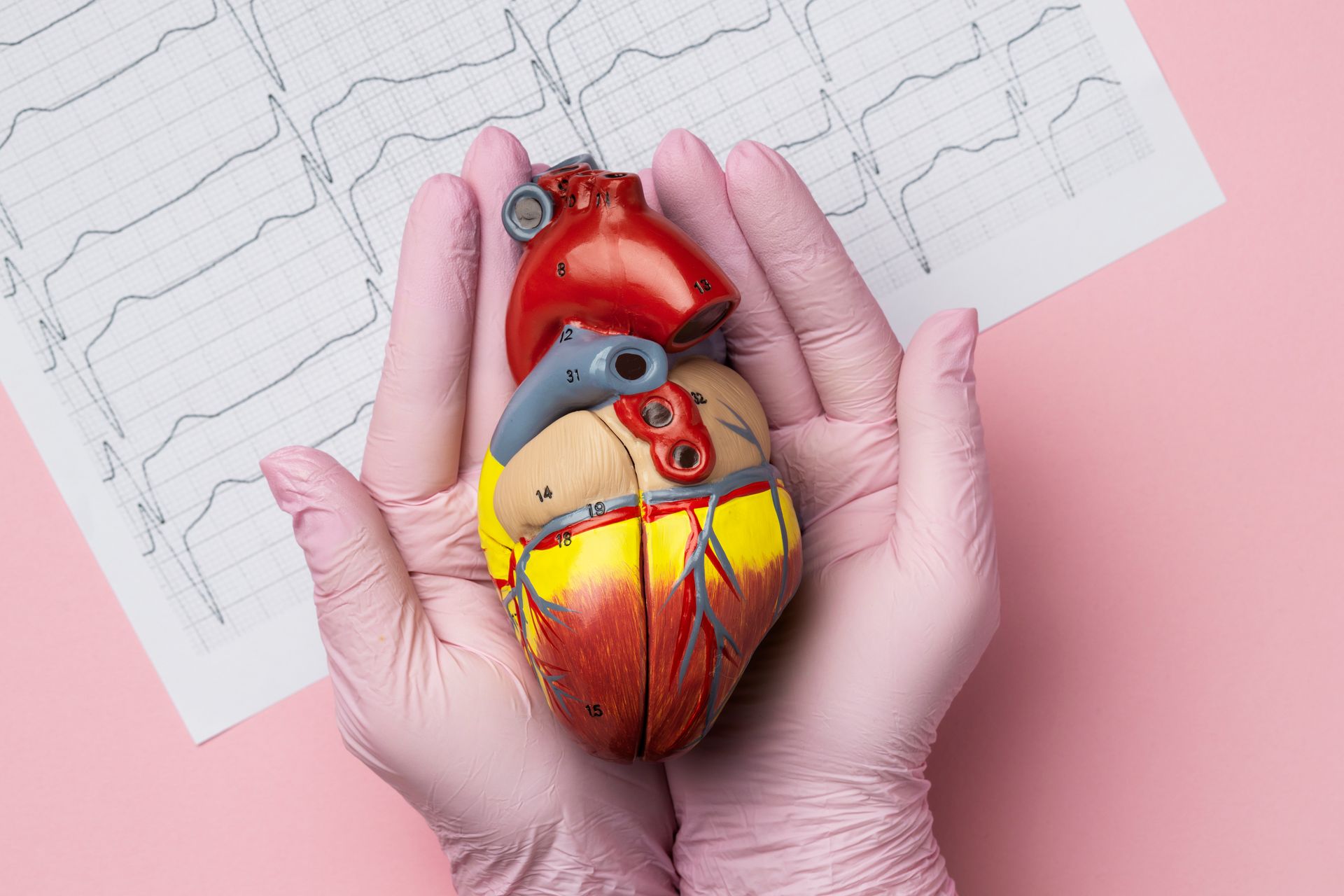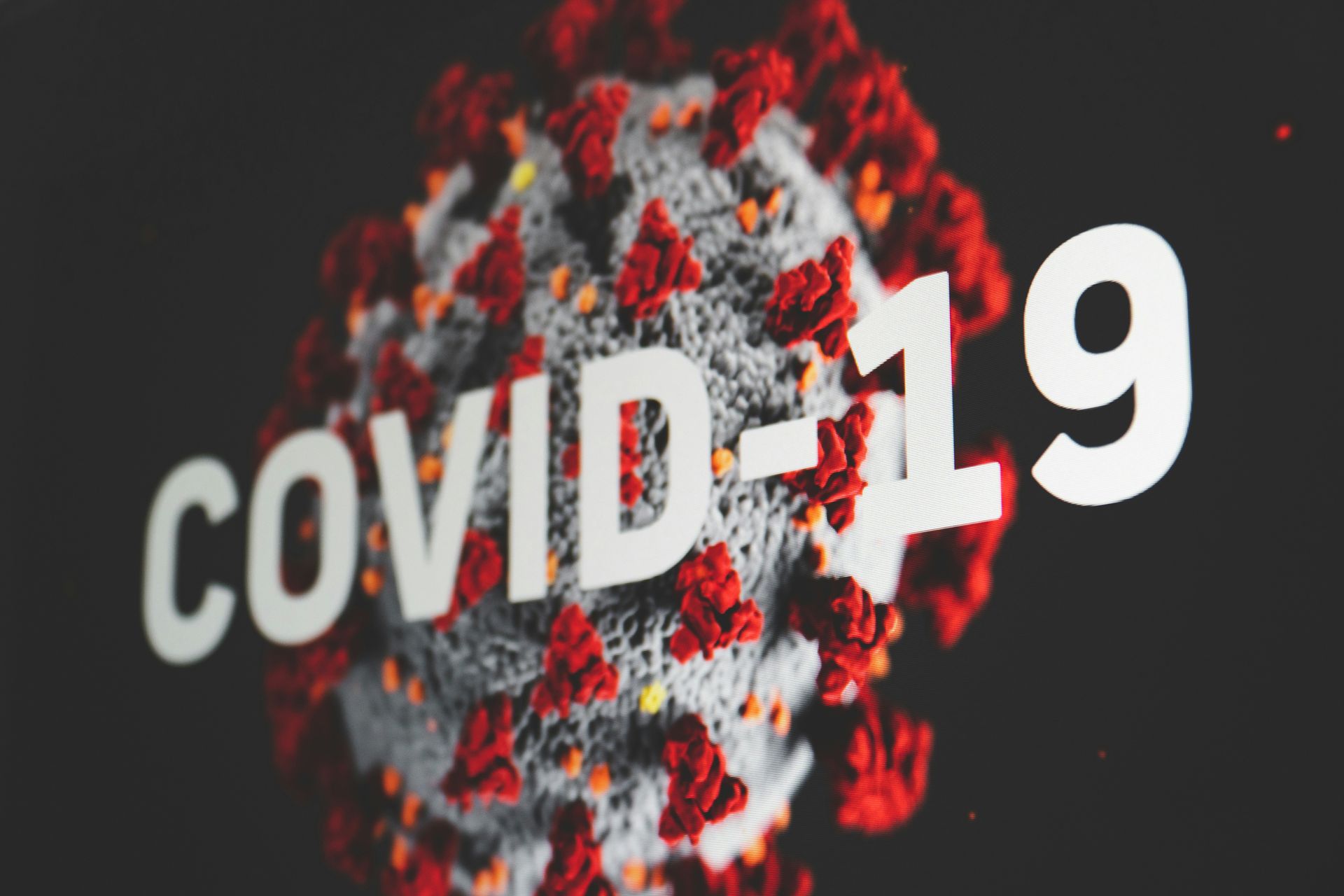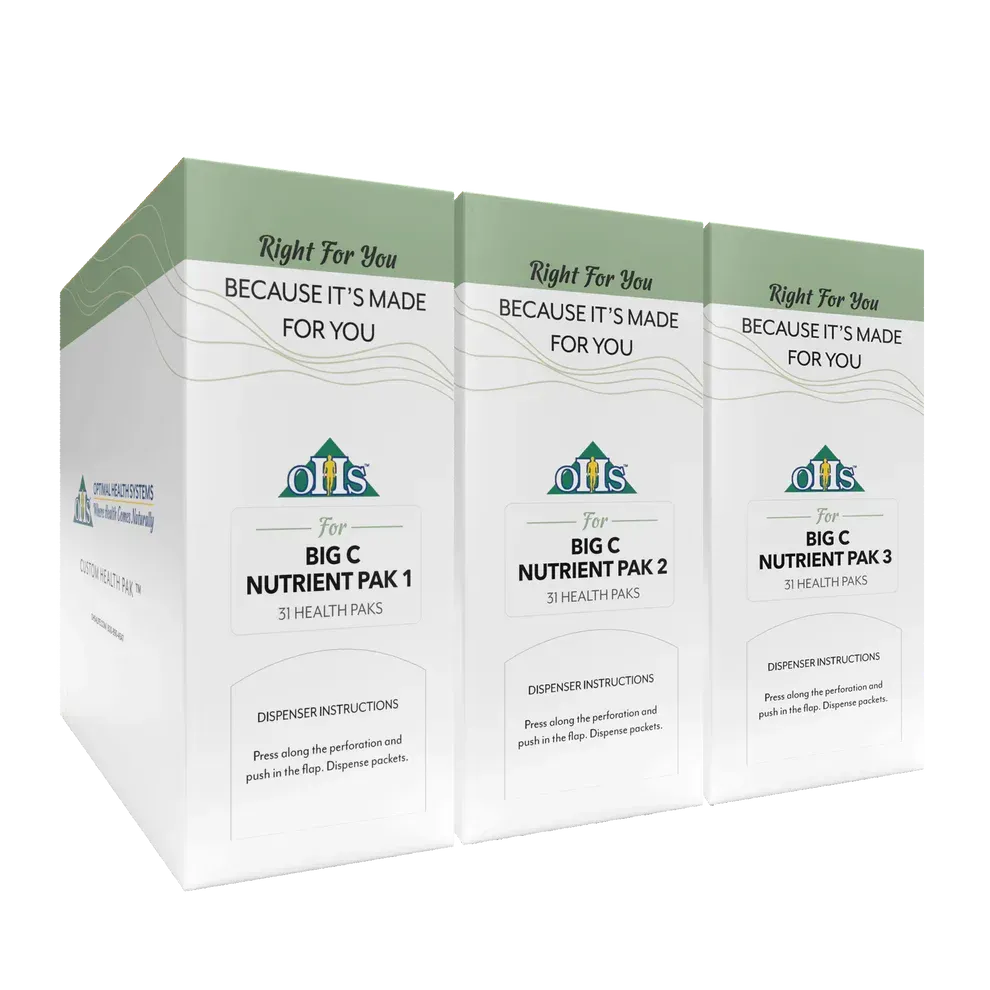Hold the Gratitude: A Thanksgiving Reflection
Hold the Gratitude: A Thanksgiving Reflection
As Thanksgiving approaches, we are reminded of the profound importance of gratitude—a simple yet transformative act that fosters connection, kindness, and resilience. At TeleHealthNP, we hold deep appreciation for the privilege of serving our patients and their families, striving to make healthcare more accessible, personal, and compassionate for everyone.
The Spirit of Thanksgiving
Thanksgiving is not just about the abundance of food or the festive gatherings; it is a moment to pause and reflect on the blessings that enrich our lives. It’s a time to come together with loved ones, share stories, and express our heartfelt gratitude. For many, these blessings include health, family, and the unwavering support of a caring community.
At TeleHealthNP, the spirit of Thanksgiving resonates deeply with our mission to foster well-being and support our patients on their health journeys. Every interaction, every virtual consultation, and every message of appreciation we receive reminds us of the vital role we play in empowering individuals to take charge of their health.
Gratitude for Our Patients and Providers
This Thanksgiving, we extend our deepest gratitude to our patients. Your trust in us is the foundation of everything we do. Your stories of resilience, determination, and hope inspire us daily, reminding us why we are committed to providing the best care possible. You are at the heart of our mission, and we are honored to be a part of your health and wellness journey.
We also want to take a moment to recognize and celebrate the remarkable work of our nurse practitioners and healthcare providers. Your dedication to delivering compassionate, patient-centered care, even amidst challenges, is nothing short of extraordinary. You are the backbone of TeleHealthNP, and your commitment ensures that every patient receives the care they deserve.
The Power of Telehealth in Modern Healthcare
Thanksgiving is also a time to reflect on the advancements that have made life better for so many, and telehealth is a prime example of innovation with a purpose. It has revolutionized the way healthcare is delivered, ensuring that quality medical advice and support are just a click away.
For those in rural or underserved areas, telehealth has broken down barriers of distance, enabling individuals to access healthcare without the stress of long commutes or waiting rooms. At TeleHealthNP, we are proud to be at the forefront of this change, working tirelessly to ensure that everyone, regardless of location, has access to the care they need.
A Thanksgiving Wish
As you gather around your tables this Thanksgiving, we encourage you to pause and share what you are grateful for. Gratitude is more than an emotion—it is a practice that has the power to shift perspectives, build resilience, and foster a deeper appreciation for life’s blessings. Whether it’s a moment of laughter with loved ones, the gift of good health, or the support of a caring community, let’s take the time to cherish these moments.
Looking to the Future
As we look to the future, we are filled with optimism and hope. At TeleHealthNP, our commitment to providing accessible and compassionate healthcare remains stronger than ever. We are continuously innovating and finding ways to make your experience with us seamless, personalized, and impactful.
From all of us at TeleHealthNP, we want to thank you for allowing us to be a part of your lives. Your trust fuels our passion and drives us to do better every day.
May this Thanksgiving be filled with warmth, love, and the joy of togetherness. Let’s hold this season of gratitude and carry its spirit with us throughout the year.
Warm regards,
Dr. Anna Yoder & Team.









